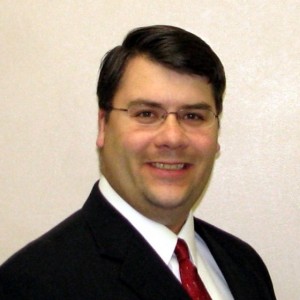When crafting a compelling resume, using the right introductions to showcase your value as a candidate is essential. Two commonly used options are the objective statement and the professional summary. While they may seem similar, they serve different purposes and are appropriate for different types of candidates. In this article, we’ll explore the differences and help you determine which one is the best fit for your resume.
Objective Statement
An objective statement is a brief declaration of your career goals and the type of role you’re seeking. It’s forward-looking and tells employers what you hope to achieve in the position.
Purpose:
The objective statement focuses on your ambitions and aligns them with the role you’re applying for. It gives employers a quick understanding of how their needs match your career aspirations.
When to Use It:
Objective statements are most effective in the following scenarios:
- Entry-Level Candidates: If you’re new to the workforce or recently graduated, an objective statement helps clarify your career direction.
- Career Changers: If you’re transitioning to a new industry, it highlights your intent and commitment to your new path.
- Returning to Work: For those re-entering the workforce after a break, an objective statement can explain your goals.
Example:
“Motivated marketing graduate seeking a role as a digital marketing associate to leverage my skills in SEO and content strategy to drive audience growth for a dynamic organization.”
Professional Summary
A professional summary is a concise overview of your key skills, accomplishments, and experiences. Unlike the objective statement, it emphasizes your qualifications and value as a candidate.
Purpose:
The professional summary focuses on what you bring to the role. It demonstrates why you’re the ideal candidate by summarizing your career highlights.
When to Use It:
Professional summaries are ideal for candidates with substantial experience or notable achievements.
- Experienced Professionals: Highlight your track record of success in your field.
- Specialized Candidates: If you possess niche skills or industry expertise, a professional summary can emphasize these immediately.
- Senior-Level Roles: When applying for leadership positions, a summary allows you to outline your key accomplishments and qualifications.
Example:
“Results-driven project manager with over 10 years of experience in leading cross-functional teams, delivering $2M+ in cost savings, and consistently meeting tight deadlines in high-pressure environments.”
Key Differences Between Objective Statements and Professional Summaries:
| Feature | Objective Statement | Professional Summary |
|---|---|---|
| Focus | Future goals (what you want) | Past accomplishments (what you offer) |
| Tone | Aspirational | Confident and results-oriented |
| Length | Short (1–2 sentences) | Slightly longer (3–5 sentences or bullet points) |
| Audience | Employers assessing your goals | Employers assessing your qualifications |
Which Should You Use?
Selecting between an objective statement and a professional summary depends on your experience and the message you want to convey.
Use an Objective Statement if:
- You are new to the workforce and want to clarify your career direction.
- You are changing careers and need to highlight your intentions.
- You are re-entering the workforce and wish to explain your goals.
Use a Professional Summary if:
- You have significant experience and want to showcase your accomplishments.
- You’re applying for roles that require specialized skills or expertise.
- You want to emphasize your value as a candidate upfront.
Conclusion
While both the objective statement and the professional summary can be valuable, the right choice depends on your unique career situation. Entry-level and transitioning candidates can benefit from an objective statement to clarify their goals, while experienced professionals can use a professional summary to showcase their qualifications.
Tailoring this section to align with the job you’re applying for will ensure that your resume stands out and makes a strong first impression. Whether you’re looking to highlight your aspirations or demonstrate your achievements, this decision sets the tone for the rest of your resume.


